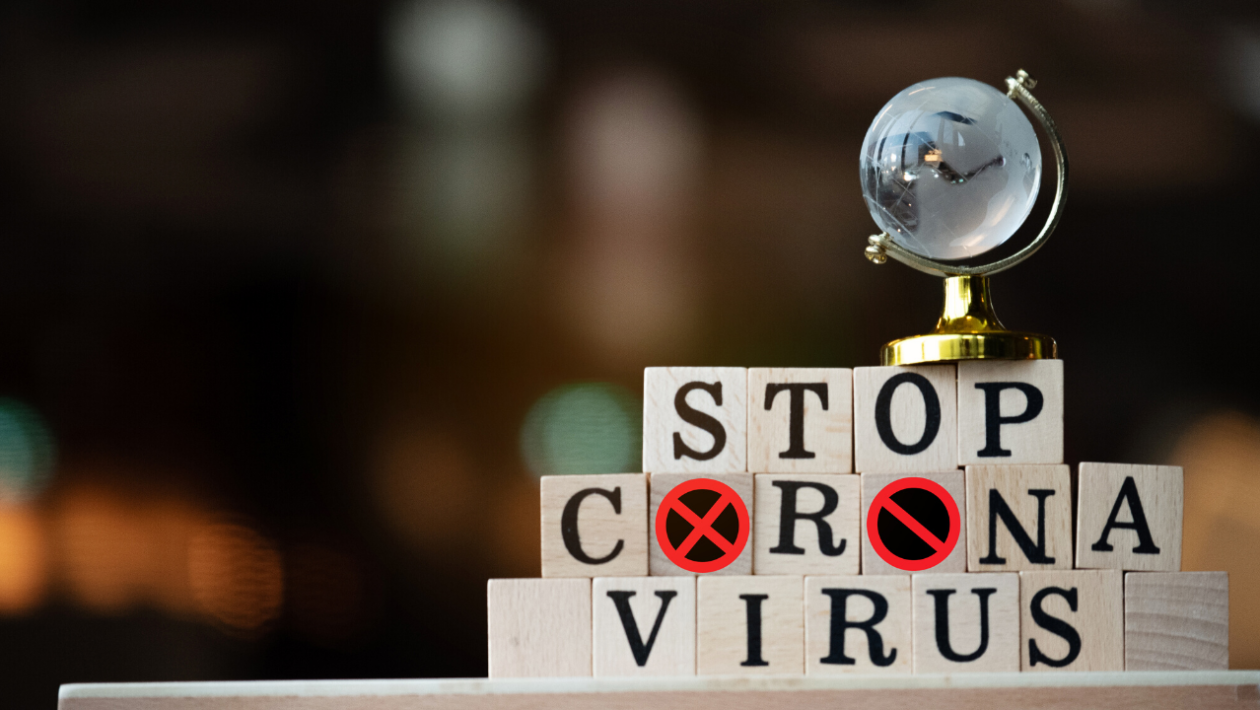Novel coronavirus or COVID-19 is the new coronavirus which has shut the whole world down. The first person to contract this disease was of Hubei in China. The exact date when this disease penetrated China is not known, but the Chinese government made it public on the 31st of December.
After that, it transmitted slowly to other countries mostly in people who came from China or were in contact with people from China. In mid-February, the diseases started transmitting quickly to other nations hitting Italy, and Spain the hardest.
On March 9th, the World Health Organization defined coronavirus as a pandemic. At the time of publishing this article, this disease has spread to over 215 countries, killing more than 64, 000 people, and has made more than 1,203,941 people ill.
In India alone, the cases have surpassed the mark of 3,000 while the USA has taken the lead with the highest COVID-10 cases.
The world we knew is changing, the whole world is practicing social distancing as it is the only way you can limit the disease from spreading. A vaccine or cure for this respiratory illness is still months away, though trials for the same has begun.
As the world bows down to this, here is how we can contribute to society by making people aware of COVID-19. Educating people is crucial as there is still a lot of stigma and myths surrounding this disease which can be more harmful than the disease itself.
Here are some ways you can do this.
1. Educate people about the symptoms
Some symptoms of novel coronavirus are similar to the flu or common cold. This makes it quite frustrating for people as they are not aware of when to get tested. Also, since the incubation period of this virus is anywhere between 1 to 14 days, some people who have the virus don’t show it till late.
Most visible symptoms of COVID-19 are:
- Dry and continuous cough
- High Fever
- Shortness of breath
If you have any of these symptoms, talk to your doctor and they will guide you. Make sure you educate people about the symptoms by making a poster using Canva differentiating between the symptoms of cold, influenza, and COVID-19. Check the site of WHO for finding the correct information, and then share it on your social media.
2. Tell people the importance of social distancing
There are still quite a few people who are not following the rule of social distancing. Even though lockdown is in order in many countries, if people don’t know why and how to do this, the lockdown won’t work.
- So, create an infographic or an image explaining what this term means and how it can help.
- Add a point that when they go to buy essential items like groceries, stand 6-feet apart from other people in line.
- A grocery worker or medical shop owner can make circles 6-feet apart for people to stand. Also, they can make images to share and create awareness of COVID-19.
3. Curb stigma
Stigma about a disease can be quite harmful. For instance, some people are targeting a race as they think they brought the disease to them. Or some people are harassing the people working at the front-line like medical workers, grocery workers, or aircraft employees. All this stigma can lead to:
- Discouragement regarding adopting hygienic behaviors
- Avoiding coming clean about contracting the disease or seeking help due to discrimination.
Here are some things that you can do to stop the stigma from spreading:
- Share facts about how the disease spreads, and how to treat it?
- The religious society or celebrities can educate people against stigma and can show support to people who face this.
- As a common citizen, you can share stories about different groups of society coming together to fight this. You can share stories where people beat it, and how people from every social class are fighting to win the war against social media. For instance, your food delivery guy is risking their life to make sure you get your essentials, share them.
4. Protect the animals
The news that pets can transmit this virus to humans is false, as per WHO. Still, quite a few people are abandoning their pets or attacking local strays.
- Use your social media channels to educate people about this. Use authoritative links that show that animals don’t spread it.
- Also, ask the whole society to do their part by feeding their local stray animals.
These times are hard, but it shall pass too. Be safe, stay home, wash your hands often, sneeze or cough into your elbow or use a tissue. Most importantly, don’t share fake news or content that can cause stigma and discrimination.

